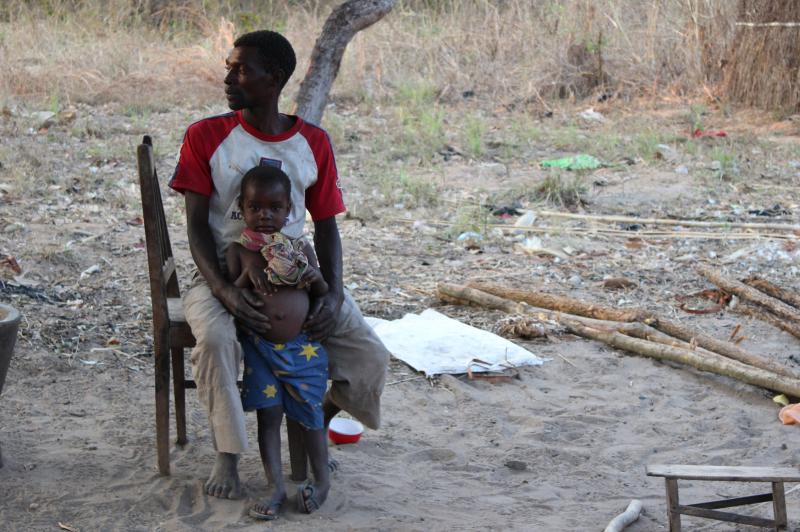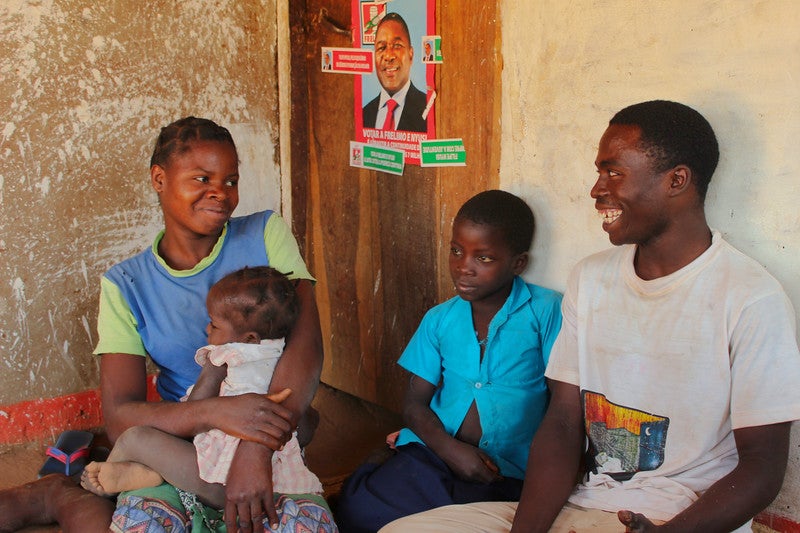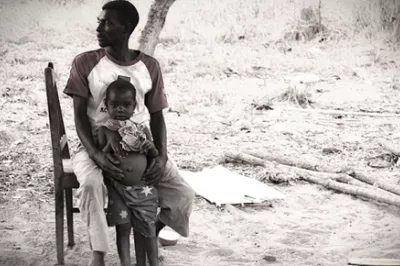Geography Matters When Talking about Smallholders
Smallholder families are often discussed as though they are one uniform segment of clients, but these 500 million families are not a homogeneous, neatly packaged group of people. Stretching across dozens of countries and many different climates and blends of crops and livestock, the struggles in one village may not mirror those in another – just as the successes in one area may not work elsewhere. This was apparent when we visited families participating in CGAP’s Smallholder Households Financial Diaries project in Tanzania and Mozambique. It became clear that geography makes a huge difference when your livelihood revolves around agriculture. Your geography not only determines the climate of your village and the quality of your land, but it also plays a role in determining how well-connected you are to irrigation, inputs like seeds and fertilizer, buyers, markets, and even training.

The three participating Mozambican villages are disconnected from commerce, nearly an hour’s drive down a rough, unpaved road from the closest city. Water is a prized commodity, and the lack of it in the dry season limits what crops can grow to largely beans, cassava and peanuts. And then the abundance of it in the rainy season often causes floods that wipe out those same crops. Ultimately, the smallholder families we visited are at the mercy of the elements and lacked reliable sources of food, sometimes missing meals.
This was in definite contrast to smallholders we visited near Mbeya, Tanzania, where harvests were enough to feed families with a reliable surplus to sell. The irrigation scheme running through the village helped farmers grow more diverse, higher-value crops. Being located close to a major thoroughfare not only helped connect them to agricultural value chains, but it also presented opportunities for employment beyond agriculture. The Smallholder Diaries families in Mozambique don’t have these luxuries and are often struggling to feed their families, let alone sell a surplus. When they choose to sell crops, it is an intense commitment. One farmer, Elias, explained that getting his beans to the market required a 2-hour bike ride down an unpaved road to the city with several bags of beans strapped to the back, and no guarantee that they would earn a decent price or even sell at all.

When families are struggling just to make ends meet, they clearly need more than just financial services. That’s why the goal of the Smallholder Diaries is to illuminate smallholders’ biggest pain points and drive relevant innovations. Despite the additional need for basic assistance, with creative thinking and a tailored approach, there are several ways that financial services, perhaps intertwined with other elements, could make a difference.
- Training - perhaps tied to financing for inputs - could go a long way. One farmer said, “I’ve never had any training or agricultural education. I do things the way my father did.” When you are barely getting by, there is a lot at stake, and it’s understandable that farmers are not very willing to risk trying new crops or techniques at the expense of tried and tried and true seeds. But access to better information and inputs could help farmers improve yields or diversify crops.
- There could also be room for holistic strategies like the CGAP-Ford Foundation Graduation Program focused on smallholder households. These pilot implementations have already seen early success elsewhere.
- Finally, improvements in post-harvest storage could be useful for smallholders in this community. In all the villages we visited, the farmers grew the same crops - beans, cassava, peanuts – which meant everyone largely harvests and tries to sell at the same time, which drives down prices. Crop loss due to spoilage and pest infestation were also consistent challenges. What if farmers could store crops safely and sell for higher prices, when then wanted? What if they had even simple solutions like heavy-duty plastic bins to seal their food stores and keep away pests?
Through CGAP’s Smallholder Diaries, as well as the national surveys and segmentation of smallholder households, CGAP is working to better understand the financial lives of smallholder families and identify opportunities to improve and expand their financial tools.




Add new comment